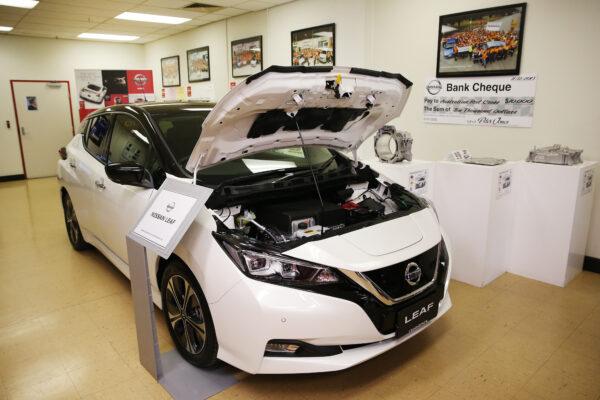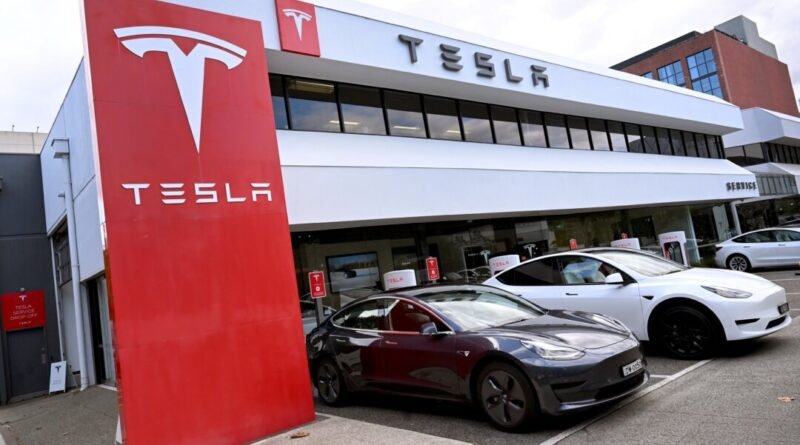Australia’s New Luxury Car Tax Encourages Shift Towards EV Adoption
‘These changes will encourage greater take-up of fuel-efficient vehicles,’ said the 2023-24 mid-year budget outlook.
Australians will soon need to switch to an electric vehicle (EV) or a hybrid car if they want to avoid the luxury car tax in 2025.
The price threshold is higher for fuel-efficient vehicles (consuming seven litres of fuel for every 100 kilometres) at $89,332.
However, from July 2025, the government will change the definition of “fuel-efficient vehicles” by halving the fuel consumption rate from seven to 3.5 litres per 100 kilometres.
This means Australian motorists planning to buy high-end petrol or diesel car models will have to switch to a hybrid one or an EV to avoid paying higher taxes.
In addition, the government will update the indexation rate of the LCT thresholds for all luxury vehicles to reflect the rise in inflation.
“This measure is part of the Australian government’s commitment to reduce greenhouse gas emissions by 43 percent by 2030 and to achieve net zero emissions by 2050.”
The government is expected to raise an additional $155 million in tax revenue over the next five years, from 2022–23 with the new LCT.
Strong Objection from the Automotive Industry
Following the announcement, Federal Chamber of Automotive Industries CEO Tony Weber criticised the new LCT, saying it was an “ill-conceived money grab” at a time when Australians were encouraged to buy low-emission vehicles.
“The changes… slug Australians with more taxes and make vehicles less affordable. The change to indexation is just another cynical revenue-grabbing exercise.”
The Chamber stated that the LCT was originally created to protect Australia’s local vehicle manufacturing industry.
With local automobile manufacturing having ended in 2017, the Chamber said the LCT was obsolete and thus should be abolished.
“If the Australian Government wants to modernise the LCT, they should remove it as part of true tax reform for the transport sector, including consideration of a road user charge,” Mr. Weber said.
“Australians need real tax reform, rather than tinkering at the edges.”
The Australian Automotive Dealer Association also criticised the government for not consulting with the industry before introducing the new tax.
“For years, the automotive industry and motorists have been calling for a root and branch review of the automotive taxation regime, but instead, we see damaging tinkering and absolutely no consultation with industry.”

Treasurer Downplays New Changes
In an interview with ABC Radio, Treasurer Jim Chalmers said there was an overreaction about the new LCT while downplaying the changes as “very modest.”
“And so what we’ve done here is we’ve modernised the definition of fuel-efficient vehicles. Fuel efficient vehicles get the higher threshold when it comes to the luxury car tax.”
The treasurer also believed the changes would make a very minor difference to the budget and the proportion of people who own luxury cars.






